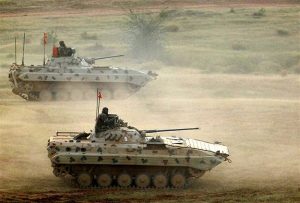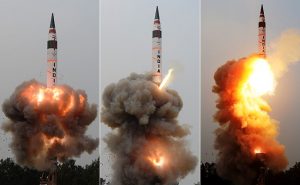AMCA
Senior Member
- Joined
- May 19, 2017
- Messages
- 2,562
- Likes
- 17,850
- Former RAW Chief Rajinder Khanna Appointed Deputy National Security Adviser
The Appointments Committee of the Cabinet, headed by Prime Minister Narendra Modi, has approved the appointment of Rajinder Khanna as the Deputy NSA on re-employment and on contractual basis, according to the order issued by the personnel ministry.
Updated : January 02, 2018 21:18 IST

Rajinder Khanna (L) headed the Research and Analysis Wing from December 2014 for a fixed two-year period
New Delhi: Rajinder Khanna, a former chief of the country's external intelligence agency RAW, was today appointed the Deputy National Security Adviser (NSA), according to an official order.
He headed the Research and Analysis Wing (RAW) from December 2014 for a fixed two-year period.
The Appointments Committee of the Cabinet, headed by Prime Minister Narendra Modi, has approved the appointment of Rajinder Khanna as the Deputy NSA on re-employment and on contractual basis, according to the order issued by the personnel ministry.
Mr Khanna is at present Officer on Special Duty (Neighbourhood Studies) in the National Security Council Secretariat.
Neighbourhood Studies prepares policy papers of neighbouring countries including Pakistan, Sri Lanka, Bangladesh and Nepal.
The National Security Council, headed by the prime minister, is the top body on all internal and external security-related matters. National Security Adviser Ajit Doval is its secretary.
......................................
Is this the first time both NSA and Dy. NSA posts are occupied by intelligence guys??









